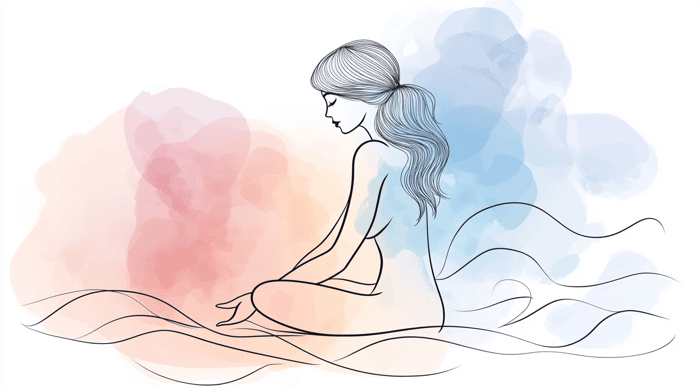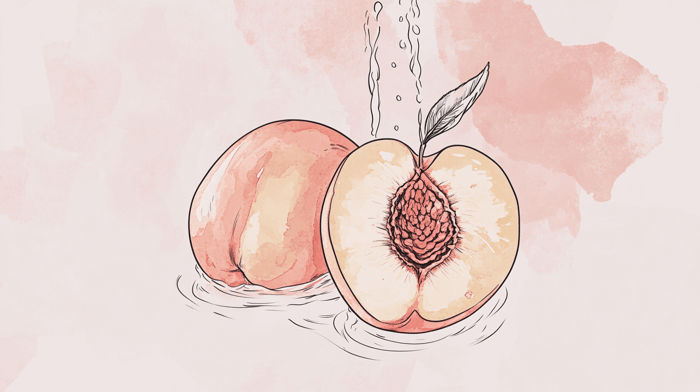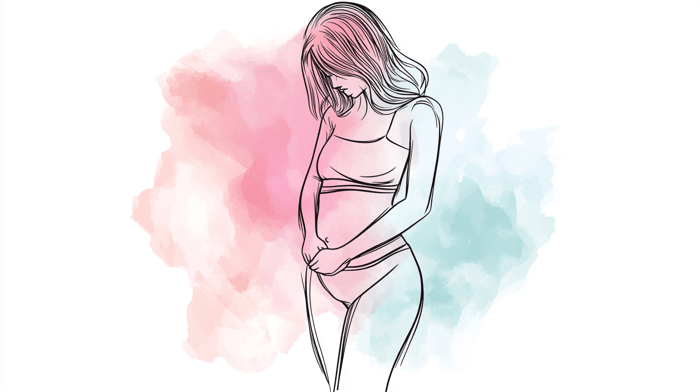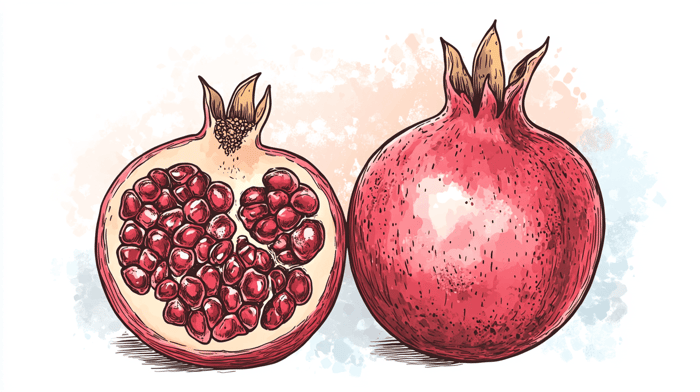You know those embarrassing toot-like sounds that escape during yoga, sex, or even when you’re stretching in bed?
Yep, we’re talking about vaginal farts, also known as varts. They happen to almost all of us, and if you haven't experienced one yet, you likely will at some point.
So, let's dive into what a vart is, what causes it, and how to feel confident if it happens during intimacy.
What is a Vart?
A vart, or vaginal fart, is medically known as a "queef." It occurs when air trapped inside the vagina is expelled, making a sound.
Many women feel embarrassed the first time it happens, but rest assured, you’re not turning into a whoopee cushion! Vaginal farts are natural and happen to almost every woman.
How Does a Vart Feel?
Just like it sounds—a quick, unexpected noise. But unlike regular gas, a vart is odorless, as it's simply trapped air escaping.
Still, varts often show up at the most awkward moments, like during intimacy or in the middle of a Pilates class.
But there’s no need to be embarrassed—varts are completely normal, as you’ll see below.
The Causes of a Vart
The vagina is an amazing, flexible part of our bodies. Its walls can accommodate anything from a tampon to a baby, which also means it can trap air.
A vart is simply the result of air being introduced into the vagina, often during activities that stretch or relax the pelvic muscles. The air gets trapped and is later expelled, sometimes noisily.
The most common activities that can trap air include:
- Intense sexual intimacy
- Inserting tampons or menstrual cups
- Medical exams
- Physical activities like yoga that stretch and release pelvic muscles
Since the vagina has one opening, the air must escape the same way it got in.
How the Vart Happens
When air is trapped in the vagina, it needs to be released. This happens as your pelvic floor muscles contract and relax.
When these muscles contract, the air is pushed out, causing a vart.
Is Varting Healthy?
Absolutely! Varting is completely normal and healthy. Dr. Sarah Mitchell, a renowned gynecologist, says:
"Varts are a completely normal part of female physiology. They're usually harmless and not a cause for concern. But if you're worried, never hesitate to seek medical advice." — Dr. Sarah Mitchell
If you notice excessive vaginal farting accompanied by discomfort, pain, or abnormal discharge, consult your doctor, as it could indicate a pelvic floor issue.
Managing Varts During Intimacy
Here’s how to reduce the chances of a vart during intimate moments:
- Take it slow: Fast or vigorous sex can push more air into the vagina. Slowing down can help reduce the chances of a vart.
- Try pelvic floor exercises: Strengthening your pelvic floor with exercises like Kegels helps control the muscles, reducing the likelihood of trapped air.
- Experiment with different positions: Certain positions allow more air to enter the vagina. Experiment to find what works best for you.
- Talk with your partner: Open communication can help reduce anxiety. Your partner will likely understand and might even share their own quirks.
- Don’t stress: Enjoy intimacy without worrying about varts. Relaxing will help you enjoy the moment more.
Varts and Pregnancy
During pregnancy, increased pelvic pressure may lead to more frequent varts. It’s perfectly normal, so don’t stress!
Varts and Age
As we age, our pelvic muscles change due to menopause, childbirth, or other factors. This can lead to more frequent varts, but it's nothing to be ashamed of. If you're concerned, consult your healthcare provider.
Medical Conditions and Varts
While varts are usually harmless, some health conditions, like pelvic organ prolapse, can increase their frequency. If your varts are unusually smelly or accompanied by other symptoms, see a doctor.
Wrapping Up
Varts are a normal part of life. So, next time it happens, whether in the bedroom or the yoga studio, remember: every woman has likely experienced the same thing. Let’s normalize varts!
Further Reading and Resources
Embrace your body in all its glory. We are all wonderfully unique, and our bodies are beautifully imperfect. Here’s to laughing off the varts and loving our bodies as they are!
References
- "Vaginal wind, queefing and fanny farts" - NHS
- "The physiology of sexual arousal in the human female: a recreational and procreational synthesis" - Archives of Sexual Behavior
- "Female sexual response" - Journal of Psychosomatic Obstetrics & Gynecology
- "Vaginal 'farts': An embarrassing event to discuss with health professionals?" - Journal of Obstetrics and Gynaecology Canada











